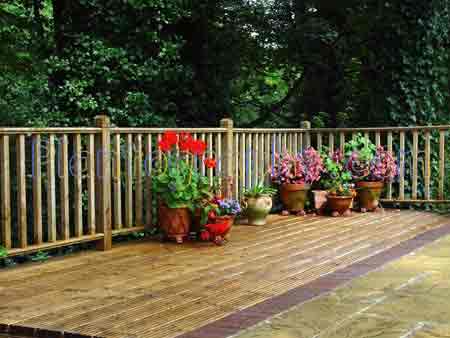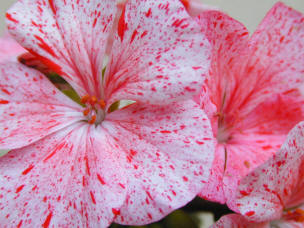Fertilisers and NPK! What does it stand For?
NPK are the symbols that stand for Nitrogen, Phosphorus, and Potassium (potash)? A little confusion sometimes because the symbol for Potassium is K and not P. If it were P, then there would be even more confusion, for we would be talking of NPP! (Not helpful).
They are normally applied as balanced - compound - fertilisers or feeds, though they can be bought as specialist single elements. Not for the beginner! The most common of the complete or compound fertilisers is sold as 'Growmore'. More of less all plant garden fertilisers and plant foods - liquid, granular or whatever, are compound foods - in that they contain all three NPK ingredients but in different ratios or quantities. Most plant foods and fertilisers - they are one and the same thing - also contain other chemicals, but in smaller quantities than the three main ingredients.
Sounds simple, but of course as with most things gardening, it is not quite as simple as it first seems. The problem being, that the basic chemicals that make up each of the three elements, can be variable! This is why you see such figures as N 15: P 14: K 12:!
The number after the symbol as in N 15 denotes that that your feed mix contains what will be 15% by weight of Nitrogen! So for every handful you put on your garden, 15% of that handful will eventually end up at available Nitrogen for the plant. A fertiliser having N 7, will basically have 7% Nitrogen in it! The fun part is, that a handful of the fertiliser containing the 15% Nitrogen, will have twice as much Nitrogen in it as the Fertiliser having the 7%. (That is a simplification, for one of the fertilisers may be heavier than the other one!)
Examples of 'balanced' Fertilisers
It is important to know this for a 'balanced' fertiliser can have the symbols 7-7-7 OR it can be 15-15-15! (Or other combinations) If they are both the same price, the 15-15-15 would be the better buy, because it has twice as much 'active' ingredients in it as the 7-7-7 offering.
The reason for these variations in formulae, is the fact that the 'balanced' fertilisers we are talking about in the example, are made from different chemicals, which - when converted -make different amounts of NPK. An 'N7-P7-K7' fertiliser or plant food will have 21% of active ingredients in it. (The left-over 79% is normally the remains of the basic material that releases 7% Nitrogen etc.)
(N) Nitrogen - (P) Phosphorous - (K) Potash
Nitrogen (N), Phosphorous (P) and Potassium - Potash - (K) are the three most important plant foods contained in fertilisers - or in the soil.
N - Nitrogen is the most important, and also the one likely to be deficient in garden soils. The reason being that it is easily leached out of the soil by rain and over-watering. It is important for most plant growth, but in particular for foliage. Without healthy foliage, plants will not thrive. Potatoes, Cauliflower, Beetroot, spinach, Brussels Sprouts, Leeks and Spring Cabbage in particular need plenty of Nitrogen.
If the soil is deficient, then the yellowing of leaves is normally the first symptom to show. However, yellowing of the leaves can also be caused by a deficiency - or over application - of other nutrients! (It is a different type of yellowing!!!) Another article follows I think!
P - Phosphorous or Phosphate - Phosphorus promotes root growth and winter hardiness amongst other things. It is essential for healthy plant growth - often responsible for the hastening of the plant's maturity. Low Phosphate levels in the soil can be responsible for stunted growth of plants, and sometimes shows up as an unusual darkening of green foliage - often tinged purple.
Phosphorous helps overall plant growth, and is especially important in the earlier stages of growth. Later on in the development of the plant, it is less important - but still necessary.
K - Potash - Potassium - Potash is the other of the three macronutrients - major elements as they are sometimes called. Although third on the formulae, Potash is absorbed by the plant in large quantities - second only to the plant's uptake and need for Nitrogen. Without Potash, the plant is less able to absorb various nutrients, and is especially important in the transpiration process of photosynthesis - vital to a plant's wellbeing. Whilst it is absorbed by plants, it does not change form and become part of the plant structure as do Nitrogen and Phosphorous. Therefore it remains in the dead tissue of plants after harvesting, and can be returned to the soil by the normal effects of rainfall. This is not so with N or P, as they both change chemical form within the plant.
For those who prefer the organic method of gardening, whatever plant manures you use, will have to be chemically broken down and converted in the soil to the three major elements of N-P-K. But organic manures have the advantage of improving the overall soil health - rather than simply providing the plant with its food!
More here about fertilisers | Garden lime | Organic Synthetic Fertiliser | Organic Vegetables |
Best Selling Gardening Products
Popular Gardening Sections
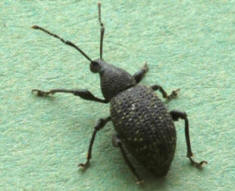
Problems
Identify Weeds in The Garden - How to deal with weeds. Diseases and Pest which harm your garden and plants, learn how to prevent, deter and erradicate your garden problems.
Garden Problems
Pruning
Pruning Guide. Shrubs flower better with correct pruning. Many illustrations and examples of what to do - and when. Includes evergreens, roses, flowering shrubs, spring flowering shrubs and pruning for stem effect. This is our most viewed and comprehensive section,
Pruning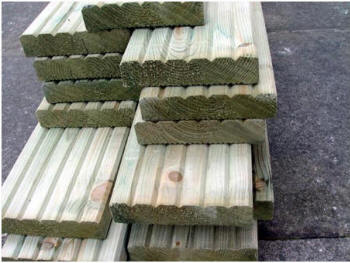
Gardening Businesses
Gardening Businesses listed in the UK counties and USA states. County and State Listings of businesses involved in Garden supplies and services. If you wish to be added to the Directory, please send us your information. Having problems, use the search box
Businesses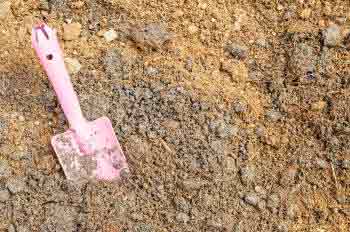
Gardening
In this section you will learn about Gardening Basics, Containers, Landscaping, Propagation and Soil.
Gardening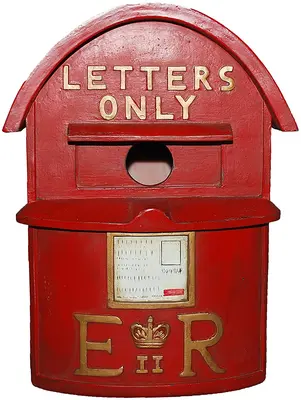
Gardening Gifts
Gardening Gifts and Reviews, Read Before you Buy
- Gardening Gifts Ideas
- Gifts For Her
- Gifts For Men
- Power Tool Gifts
- Cheap Gifts
- Personalised Gifts
- Wildlife Gifts
- Family Gifts

